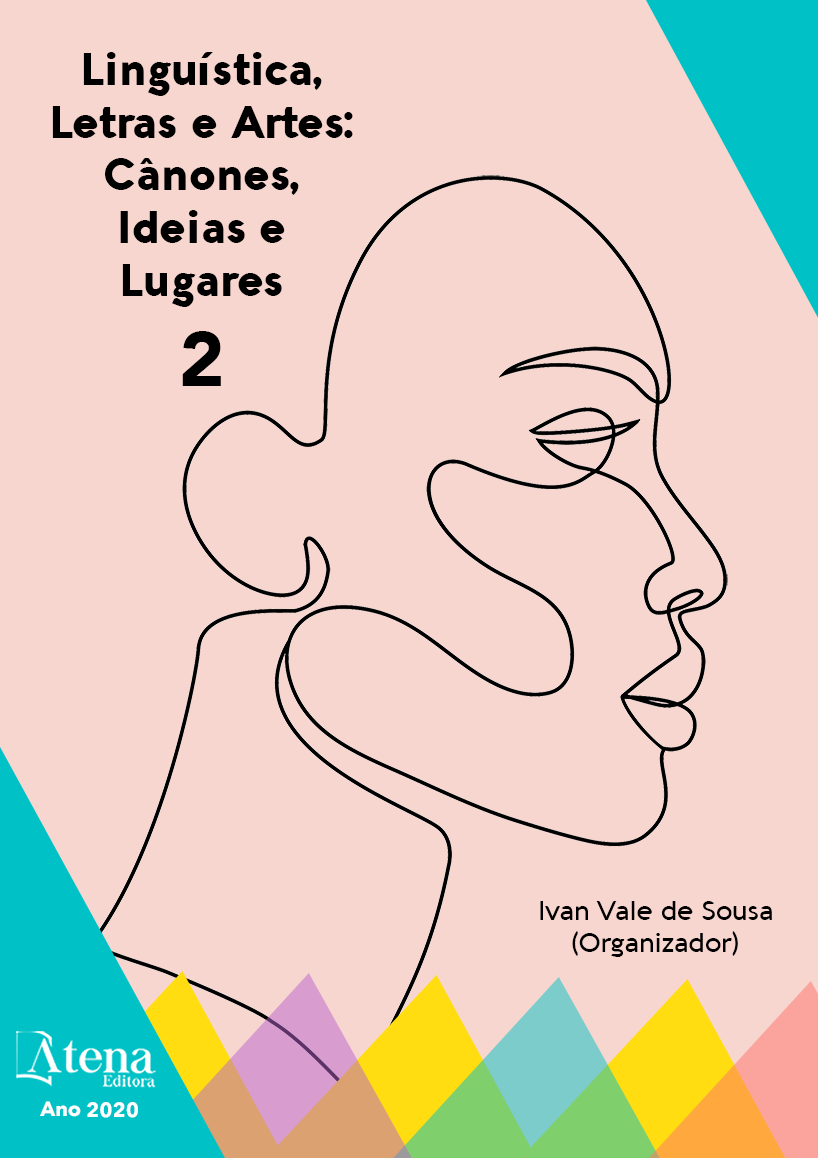
O MANIFESTO MARGINAL E AS SUAS MARGENS: UMA QUESTÃO DE REPRESENTATIVIDADE FEMININA
Ferréz, no início dos anos 2000, desenvolveu um verdadeiro manifesto literário em parceria com a Revista Caros Amigos e o grupo 1DaSul, dividido em três atos, o autor visava abrir espaço, em meio à hermética cena literária, para a inserção de artistas provindos de zonas periféricas urbanas e outras minorias sociais, como indígenas, sujeitos em condição privativa de liberdade e mulheres, adjetivados enquanto produtores de uma “Literatura Menor”. No entanto, partindo dessa proposta central de abertura polifônica na ficção brasileira, levanta-se o seguinte questionamento: a representatividade dos participantes dos volumes especiais da série “Literatura Marginal - a cultura da periferia” é igualitária? Central a este breve artigo, que, após averiguá-lo, intende analisar especificamente as vozes femininas partícipes, atentando-se, especificamente, às temáticas abordadas nas produções, às origens geográficas, a participação efetiva em algum movimento social ou mesmo músical de três delas, que são, respectivamente: Maria Conceição Paganele, Dona Laura e Elizandra Souza.
O MANIFESTO MARGINAL E AS SUAS MARGENS: UMA QUESTÃO DE REPRESENTATIVIDADE FEMININA
-
DOI: 10.22533/at.ed.17620190618
-
Palavras-chave: Ferréz; Revista Caros Amigos; Literatura Marginal; Representatividade Feminina.
-
Keywords: Ferréz; Caros Amigos Magazine; Marginal Literature; Female Representativeness.
-
Abstract:
Ferréz, in the early 2000s, developed a veritable literary manifesto in partnership with Caros Amigos Magazine and the 1DaSul group, divided into three acts, the author aimed to open space, in the midst of the hermetic literary scene, for the insertion of artists from peripheral urban areas and other social minorities, such as indigenous people, individuals in deprivation of liberty and women, adjectives rather than a "Smalller Literature". However, an integral part of the central proposal of polyphonic opening in Brazilian fiction, survey and subsequent questioning: is a representative of the participants of the special volumes of the series "Literatura Marginal - a cultura da periferia" egalitarian? Central to this brief article, which, after investigating it, intends to analyze specifically the female voices involved, focusing specifically on the themes addressed in the productions, the geographical origins, the effective participation in some social movement or even musical of three of them, who are respectively: Maria Conceição Paganele, Dona Laura and Elizandra Souza.
-
Número de páginas: 17
- Priscila Linhares Velloni


